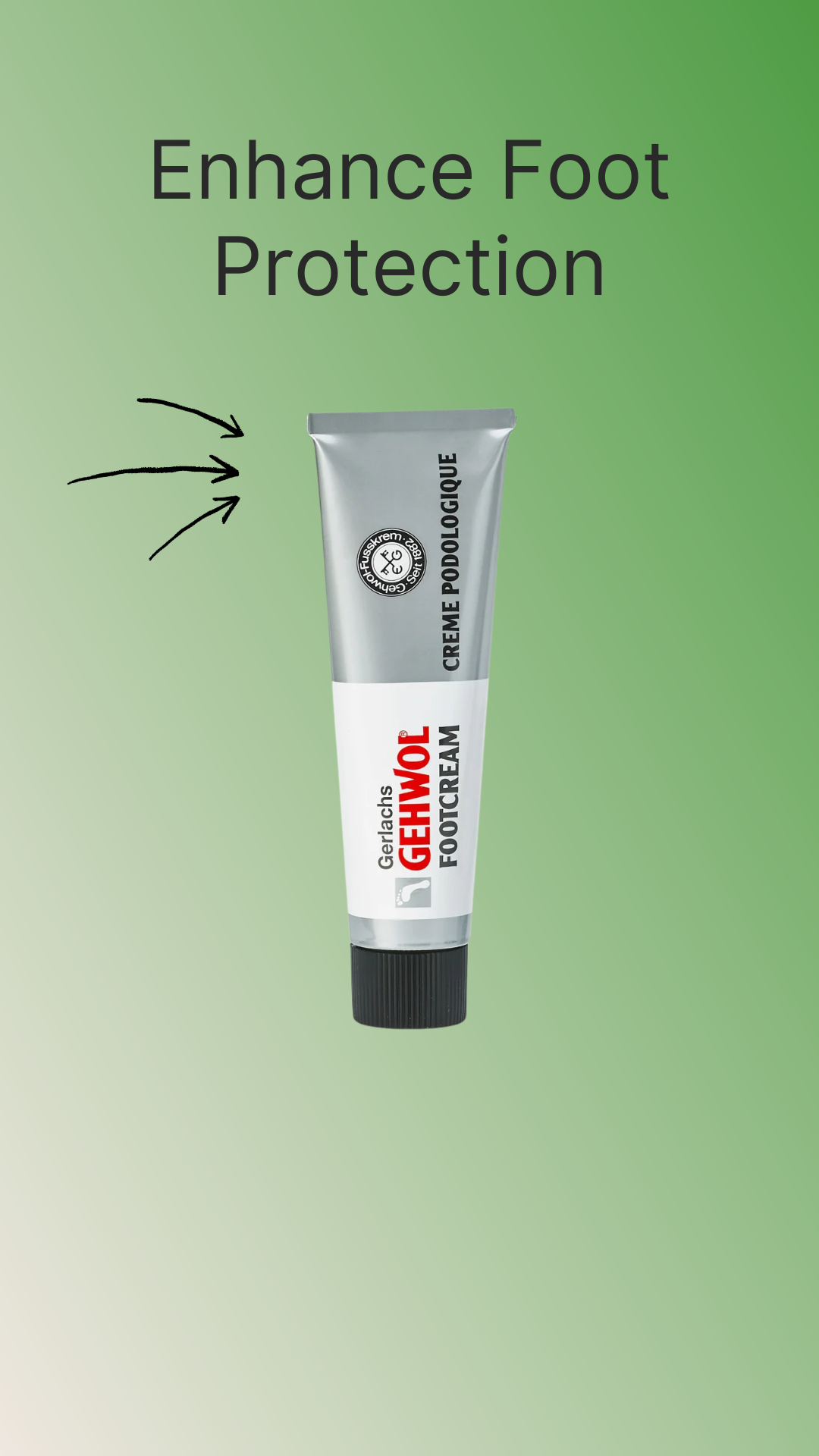Introduction
As we age, our bodies go through changes that can make everyday activities like walking more difficult. One of the most common issues faced by elderly people is swollen ankles, often caused by conditions such as poor circulation, arthritis, diabetes, or fluid retention (edema). This swelling can make standard footwear uncomfortable—or impossible—to wear.
In the UK, thousands of elderly people experience swollen feet and ankles daily, and choosing the right shoes can make a huge difference. Ill-fitting shoes can cause pain, blisters, reduced mobility, and even increase the risk of falls. The good news? Specialized orthopedic shoes designed for swollen ankles can provide the comfort, safety, and support elderly people need.
This guide will explore why swollen ankles occur, the features to look for in footwear, and the best wide and supportive shoes for elderly people in the UK.
Why Do Elderly People Experience Swollen Ankles?
Circulation Problems
Reduced circulation is common with age, leading to fluid buildup in the lower legs and ankles.
Arthritis and Joint Conditions
Arthritis can cause inflammation and stiffness in the ankle joints, which worsens swelling.
Diabetes
Diabetes can affect circulation and nerve health, leading to swelling and discomfort in the feet and ankles.
Medication Side Effects
Certain medications, such as those for high blood pressure or heart conditions, can cause ankle swelling.
Limited Mobility
Spending long periods sitting or standing without movement often causes fluid to pool in the lower extremities.
Why the Right Shoes Matter for Swollen Ankles
Comfort and Pain Relief
Shoes designed with wide fittings and cushioned soles reduce pressure on swollen areas, improving comfort.
Improved Mobility
Supportive orthopedic shoes help elderly people walk more confidently, even with swollen ankles.
Safety and Fall Prevention
Wide soles and non-slip outsoles provide stability, lowering the risk of slips and falls.
Accommodation for Swelling
Adjustable fastenings allow shoes to adapt to changing ankle and foot size throughout the day.

Key Features of the Best Shoes for Elderly with Swollen Ankles
Wide & Extra-Wide Fittings
Accommodate swelling and ensure shoes don’t pinch or restrict circulation.
Adjustable Velcro Straps
Allow shoes to expand or tighten as ankle size changes during the day.
Cushioned, Removable Insoles
Provide extra comfort and the option to insert orthotics if needed.
Seamless Interiors
Reduce rubbing and irritation on sensitive, swollen skin.
Lightweight Construction
Reduces fatigue for elderly people with limited strength or stamina.
Non-Slip Soles
Offer traction and grip for safe walking indoors and outdoors.
Rocker Bottom Soles
Encourage a natural walking motion, reducing strain on swollen ankles and stiff joints.
Everyday Benefits for Elderly with Swollen Ankles
-
Comfortable fit all day: Adjustable wide shoes adapt to swelling.
-
Improved circulation: Non-restrictive designs support blood flow.
-
Reduced pain: Cushioned soles absorb shock and pressure.
-
Greater independence: Easy-to-fasten shoes allow elderly wearers to put them on without help.
-
Fall prevention: Stable soles improve balance and safety.
Lifestyle Scenarios
At Home
Wide-fit orthopedic slippers or house shoes provide grip on smooth indoor floors while offering comfort for swollen ankles.
Outdoors
Supportive rocker soles and cushioned insoles make it easier to walk steadily on pavements, in the garden, or at the shops.
Social Outings
Modern orthopedic designs combine smart looks with supportive structure, so elderly wearers feel confident in public.
Healthcare Settings
For elderly people attending medical appointments or rehabilitation sessions, orthopedic shoes reduce fatigue and support mobility.
FAQ – Shoes for Elderly with Swollen Ankles
Q: Should elderly people wear wide-fit shoes every day?
A: Yes. Wide or extra-wide shoes prevent pinching and allow for natural swelling throughout the day.
Q: Are orthopedic shoes better than standard wide-fit shoes?
A: Orthopedic shoes are specifically designed for swollen ankles, offering extra depth, cushioning, and medical-grade support.
Q: Can rocker soles help with swollen ankles?
A: Yes. Rocker soles encourage a natural gait and reduce strain on stiff or swollen joints.
Q: Are Velcro shoes better than laces for elderly people?
A: Yes. Velcro straps are easier to manage, especially for those with reduced hand strength or arthritis.
Q: Can these shoes be worn with compression socks?
A: Yes. Wide-fit orthopedic shoes are designed to accommodate compression socks often prescribed for swollen ankles.
Final Thoughts
Swollen ankles can make walking painful and frustrating, especially for elderly people who want to stay active and independent. However, the right footwear can make a life-changing difference.
The best shoes for elderly with swollen ankles in the UK feature wide or extra-wide fittings, cushioned insoles, seamless interiors, and easy Velcro straps. They provide stability, reduce fall risk, and adapt to changing foot sizes throughout the day.
Investing in supportive orthopedic footwear is not just about comfort—it’s about improving mobility, safety, and quality of life.



